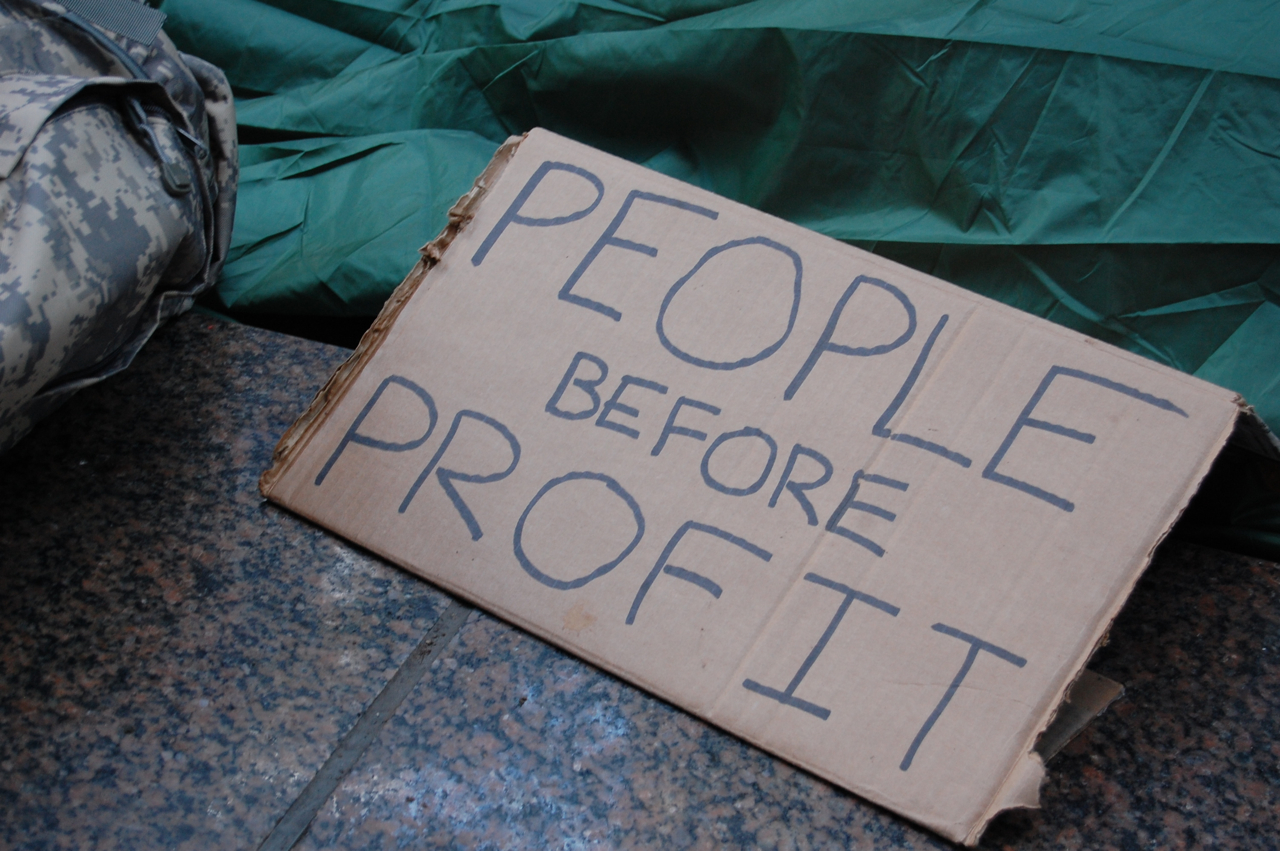Tales of High Finance by Christopher Brauchli
http://www.commondreams.org/view/2012/08/18
Idealism in our time has been shoved aside, and we are paying the penalty for it.
— Alfred North Whitehead, Dialogues of Alfred North Whitehead, Prologue

t’s time for an update on activities occurring in the world of high finance. Several newsworthy events have occurred.
n June 2012 ING, a unit of ING Groep, one of the largest banks in the Netherlands, agreed to pay penalties of $619 million dollars for using the U.S. banking system to transfer billions of dollars for the benefit of Cuban and Iranian customers in violation of U.S. imposed sanctions. Eager not to be outdone by its competitor, Standard Chartered Bank agreed in early August to pay $340 million to the state of New York to settle allegations that for seven years ending in 2007 it helped Iran launder $250 billion. Although the amount laundered is substantial, the fine is not, when compared with the fine imposed on ING.
In February five major banks agreed to a $26 billion settlement of claims filed by 49 attorneys general and the District of Columbia as penance for the abuses perpetrated by them during the foreclosure crisis, one of the hallmarks of which was the notorious practice of robo-signing documents filed with the courts to obtain court orders approving foreclosures. The $26 billion comprised a $5 billion fine and the rest involved such things as reducing principal mortgage balances on one million underwater homes, simplifying foreclosure relief, cash payments to some people who lost their homes and assorted other provisions.
Inspired by the big banks, credit card companies have gone down the path pioneered by them. A story in the New York Times reports that in their zeal to collect what they would like to think they are owed in a perfect world, the credit card companies are relying on “erroneous documents, incomplete records and generic testimony from witnesses,” a term that suggests the witness’s testimony had more to do with establishing a debt than establishing the truth. A judge in Brooklyn who handles up to 100 credit card collections a day estimates that 90% of the credit card collection cases he hears are flawed but since the debtor makes no court appearance the judge has no choice but to rule in favor of the creditor. Since the investigation in this practice is ongoing, it is too early to say what, if any, fines and penalties may be imposed on the miscreants.
For creativity, none of the activities described above can hold a candle to a debt collection company with the singularly appropriate name of Accretive Health that has just agreed to pay $2.5 million for its amazingly creative debt collection activities. (The definition of “accretive” is “growth or increase in size by gradual addition.” In the case of Accretive the corporate emphasis is on “addition” rather than “gradual” and has nothing to do with health.)
